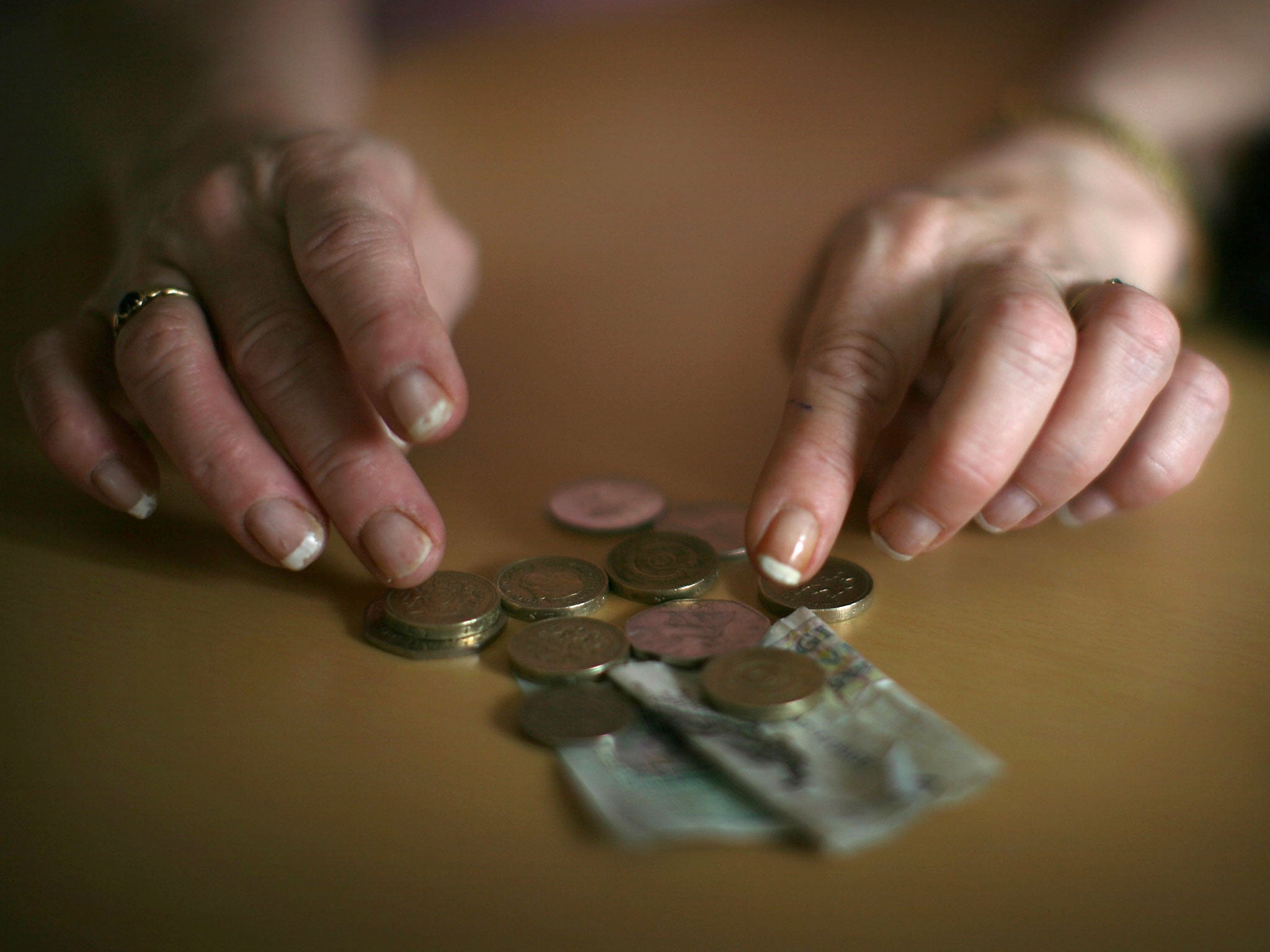How the frugality of the rationing generation made millennials better at saving money
Does war generation reminiscing belittle those trying to get by in today’s Britain?

The column inches, broadcast reminiscing and nationwide rumination that surrounds the Queen’s 90th birthday and the experiences of a generation of her peers, seems to focus on one word. Thrift.
Tune into any call-in programme last week and chances are you’d have come across a sympathetic anchor patiently encouraging the slightly stilted monologues of those recalling real hardship – not only between 1939 and 1945, but for years afterwards. Rationing is only one small part of the story with the economic pressures on a warring nation meaning that, for example, some of the highest rates of inflation this country has known occurred during the first and second world wars.
You don’t have to listen for long to hear someone say the kids today have never had it so good. And with disposable household income rising at a fairly consistent pace by 140 per cent between 1948 and the beginning of the last financial crisis in 2008, they may have a point.
The problem is that these tales of making do and mending not only imply that poverty is exclusively the domain of the nation’s 90 somethings, but that is it consigned to the history books.
In fact, data from the Office for National Statistics shows a third of the UK’s population – almost 20 million people - fell below the poverty line at some between 2010 and 2013 and almost 5 million people were in a state of persistent poverty – having faced financial hardship for three years or more.
Plus, of course, poverty in old age, though not an immediate concern for Her Majesty, dogs the surviving members of the wartime generation like no other.
Leading generational charity Age UK estimates that round 1.6 million pensioners live below the poverty line with 900,000 of then living in severe poverty.
More than 40 per cent of the over 65s turn down the heating to reduce bills, and 12 per cent live in one room to keep heating costs down. More than a fifth of the UK’s oldest citizens have bought less food than they had wanted to because it is too expensive. It’s little wonder they remember rationing so clearly.
But there are other misleading assumptions underlying this collective nostalgia. First, there’s the strange presumption that everyone over a certain age is financially responsible despite regular warnings from debt charities that older people seeking help have higher average debts than other age groups. Even Age UK itself estimates that one in five older people owes money, most of which is on credit cards and personal loans.
Will your degree make you a lot of money?
Show all 16There’s more to all this than just exploding the careful money mythology though. If a 90 something talks about the extreme ways they keep costs down – either through necessity or habit – they are admired. If younger generations do the same they are accused of being tight.
I fear that the national conversation this week belittles the efforts of millions of people who time and time again demonstrate financial responsibility – not least today’s Millennials. And the effects of that dismissal could be significant.
Ranging from around 18 to 35, these are the offspring of baby boomers at one end of the age range and 80s Yuppies at the other, neither of which are particularly known for their restrained use of cash or resources.
And yet research from credit reference agency Experian recently found that, contrary to popular belief, the Millennial generation is knocking everyone else out of the park with their commitments to saving (almost half are setting aside a quarter of their disposable income each month compared with only a third of 35-55 year olds).
But it also revealed that the greatest factor influencing how careful today’s youngest adults are with money is the support – or lack thereof – from the generations above them. In fact, Millennials who believe their family have had a positive influence on their financial attitudes have almost doubled the savings of those who say the opposite.
While the experiences and recollections of the eldest members of our society will always deserve our attention and respect I wonder if it’s time to start reigning in the sepia-toned criticisms.
Subscribe to Independent Premium to bookmark this article
Want to bookmark your favourite articles and stories to read or reference later? Start your Independent Premium subscription today.

Join our commenting forum
Join thought-provoking conversations, follow other Independent readers and see their replies